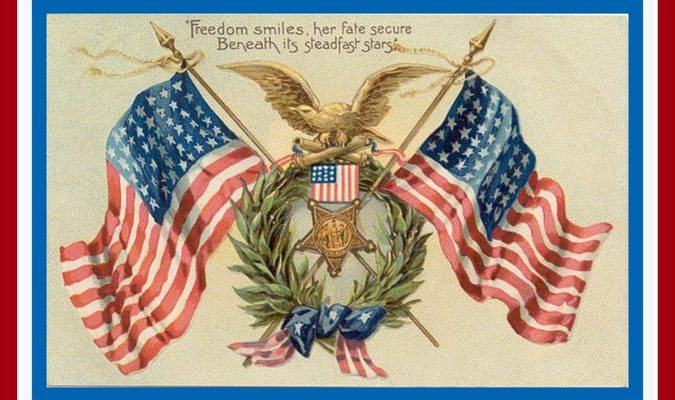This past Monday, Feb. 15, we all came together to celebrate the federal holiday of Presidents’ Day! Many schools across the country, several banks and busy post offices will all be closed and a surplus of non-essential workers will be granted the day off from their professions. We may know that this day of leisure from our hectic lives is bestowed upon us to allow for the remembrance of the United States’ astounding presidents of the past, but is there more to the story? Take a journey with me through the history of our beloved federal holiday, Presidents’ Day, and learn of how it came to be!
Let’s shift back in time to the early days of the 1800s. Following the death of George Washington in 1799, Feb. 22 became the unofficial day of remembrance for the individual who was known as the “most important figure in American history.” Moving into the late 1870s, Washington’s birthday was established as a national holiday when Senator Stephen Wallace Dorsey of Arkansas proposed the measure. Then, in 1879, President Rutherford B. Hayes signed it into law. Originally this holiday was only recognized by the District of Columbia, but by 1885 the holiday became nationally recognized and expanded across the entire country. Washington’s birthday quickly joined the other four nationally recognized holidays of Christmas Day, New Year’s Day, the Fourth of July and Thanksgiving!
Now, let’s jump into the late 1960s! This is where the shift from Washington’s birthday to what we know of today as Presidents’ Day began. Senator Robert McClory of Illinois proposed a measure that was later passed by Congress, referred to as the Uniform Monday Holiday Act. This measure sought to alter the days of celebration for several federal holidays from specific calendar dates to a series of predetermined Mondays. Ensuring that holidays consistently fell on the same weekday, it was believed that employee absenteeism would be reduced, as more three-day weekends were granted. In addition, private sectors and labor unions believed that they too would benefit from this as a means of “bolstering retail sales.” It should be noted that McClory also included a provision for the combining of Washington’s birthday with Abraham Lincoln’s, which fell on Feb. 12. He believed that joining the two days would provide equal recognition for two of the most important American figures and even insinuated the concept of renaming the holiday to Presidents’ Day. This, however, greatly upset lawmakers from Washington’s home state of Virginia, and the idea was temporarily displaced.
The act passed in 1968 and officially took effect in 1971, following President Richard M. Nixon’s executive order. From this point on, Washington’s birthday celebration shifted from Feb. 22 to the third Monday of February. Columbus Day, Memorial Day and Veterans’ Day were shifted as well (although in 1980, Veterans’ Day moved back to Nov. 11). With the shifting of Washington’s birthday celebration, many people felt it was to include Lincoln’s birthday as well. Markets quickly jumped on with sales and advertised with the name Presidents’ Day. By the mid-1980s, this new name caught on nationally and by the 2000s more than half of the United States had changed the name of the holiday to Presidents’ Day.
Did you know that Presidents’ Day never actually falls on the birthday of a president? Although there are many significant presidents born in the month of February (George Washington, Abraham Lincoln, Ronald Reagan and William Henry Harrison to name a few!), the third Monday of the month never seems to coincide! Washington and Lincoln still remain the two most important presidents and individuals recognized on this day; however, the holiday now encompasses the remembrance of all United States presidents.
Hopefully this gave you a better glimpse into the significance and reasoning for why we celebrate Presidents’ Day! Make sure to share what you’ve learned with family and friends and reflect upon the great individuals who have helped to shape this country!


Leave a Reply